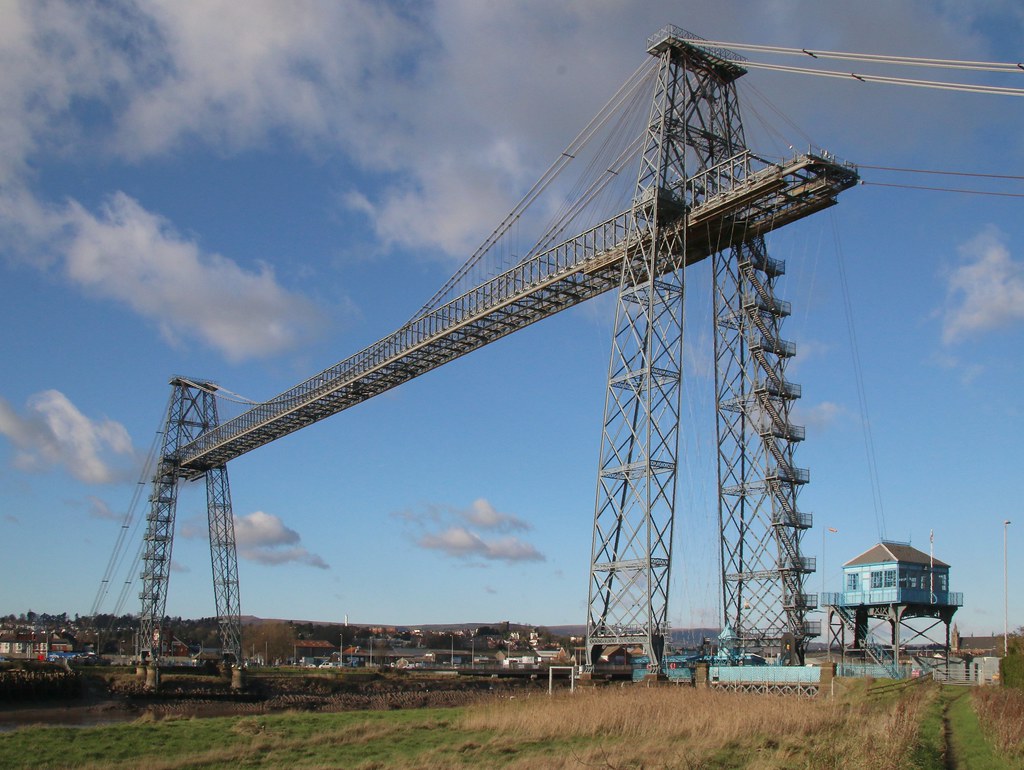Navigating just transitions: decarbonisation and the future of Welsh steel

Blog by Dr. Clare Richardson-Barlow, Lecturer in the School of Languages, Cultures and Societies.
The UK steel industry is at a crossroads. On one hand, there’s an urgent national need to reduce industrial carbon emissions to align with net-zero goals; on the other, there are profound socio-economic impacts of industrial decarbonisation on workers and communities. The recent decision by Tata Steel to close blast furnaces at its Port Talbot site in Wales and shift towards greener technologies has brought these tensions to the forefront. This strategic move, driven by a mix of financial considerations and alignment with global initiatives for sustainable industry practices, sets a profound precedent in the balancing act of ecological responsibility and economic viability.
Planned job cuts at Tata Steel’s Port Talbot facility underscore the complexities of societal decarbonisation. While Tata Steel’s collaboration with trade unions and the government, including the £130 million support package (pledged post-closure announcement and after significant public backlash), indicates an awareness of transition complexities, there is also room for a more structured approach. The historical context of steel plant closures brings to light the profound socio-economic impacts on workers and communities in the UK. The transition to societal decarbonisation, propelled by environmental imperatives, places a spotlight on the tension between job preservation and environmental sustainability, emphasising the importance of a just transition that protects workers and communities. This can be achieved through collaborative planning, social interventions, and retraining programs, as evidenced by successful models in Europe.
The concept of just transitions is critical to understanding, facilitating, and improving national industrial decarbonisation. This principle focuses on ensuring that shifts towards sustainable energy systems do not leave workers and communities worse off. In the case of Tata Steel, the transition involves more than technological shifts. It’s about preserving the socio-economic fabric of communities intertwined with the industry for decades and ensuring that the workforce is not disproportionately impacted.
Tata Steel’s transition strategy, which involves closing blast furnaces in favour of greener technologies like Electric Arc Furnaces (EAF) in the short and medium-term, with the potential for Direct Reduced Iron (DRI) in the long term, is a bold step towards reducing carbon emissions. However, this move has highlighted how many jobs will be lost in the process (up to 2,800 jobs directly) and the challenge of community stability when the community in question is built around a single industry.
Critics argue that a more proactive investment and state support could mitigate job losses, suggesting a misbalance in Tata’s original approach to the closures. They advocate for a comprehensive approach that includes effective retraining programs, higher levels of financial assistance, and the creation of new opportunities in emerging green sectors, all while making the transition more gradual by phasing out blast furnaces over time. Tata Steel’s decision could have been managed more proactively, with deeper engagement with stakeholders, including unions and local communities early on, to develop a comprehensive transition plan addressing job losses and economic impacts.
European steel manufacturers are adopting their own diverse decarbonisation strategies. For example, Sweden’s HYBRIT project, which aims to replace coking coal with hydrogen, illustrates innovation in sustainable steel production. Unions believe the UK could benefit from adopting a similar multipronged approach, including various technologies and strategies to successfully transition the industry. These layered approaches, however, must be adapted to the unique UK context, and reflect the realities on the ground in Port Talbot—there is, after all, no one size fits all model of industrial decarbonisation.
The UK’s current decarbonisation strategy emphasises the importance of transitioning to low-carbon production methods and energy efficiency in heavy industries like steel. But this strategy faces challenges like high electricity costs and structural issues in the industry, requiring substantial investments and strategic adaptations, along with strong policy support and incentives.
In the case of the UK steel industry, decarbonisation efforts also need to consider carbon leakage, where emission reductions in one country might lead to increased emissions elsewhere. The UK’s Carbon Border Adjustment Mechanism (CBAM), scheduled for implementation in 2027, aims to address this issue by applying a comparable carbon price to imports. Further complicating Tata Steel’s decision are other, broader global implications, such as influences on supply chains and material sourcing. These scenarios highlight the interconnectedness of global industries and the adjustments required in the transition to a greener economy.
Tata Steel’s recent initiative, while challenging, is a step towards decarbonisation. Recognising the complexities involved in balancing environmental goals with the social and economic impacts on workers and communities is crucial. Government support and industry collaboration will play significant roles in this transition, demonstrating a commitment to long-term sustainability alongside immediate economic considerations. The transition to more sustainable steel production in Wales is not just an ecological initiative; it’s an undertaking interlaced with significant social and economic considerations. Achieving this transformation demands a comprehensive and equitable approach, reinforced by effective national policies and substantial investment.
Dr Clare Richardson-Barlow, Lecturer in the School of Languages, Cultures, & Societies, was asked by the Economy, Trade and Rural Affairs Committee of the Welsh Parliament to give testimony on the Tata Steel decarbonisation efforts in Port Talbot, Wales on February 29, 2024 in Cardiff, Wales.
Featured image: “The Newport Transporter Bridge, Wales” by kitmasterbloke, licensed under CC BY 2.0.
